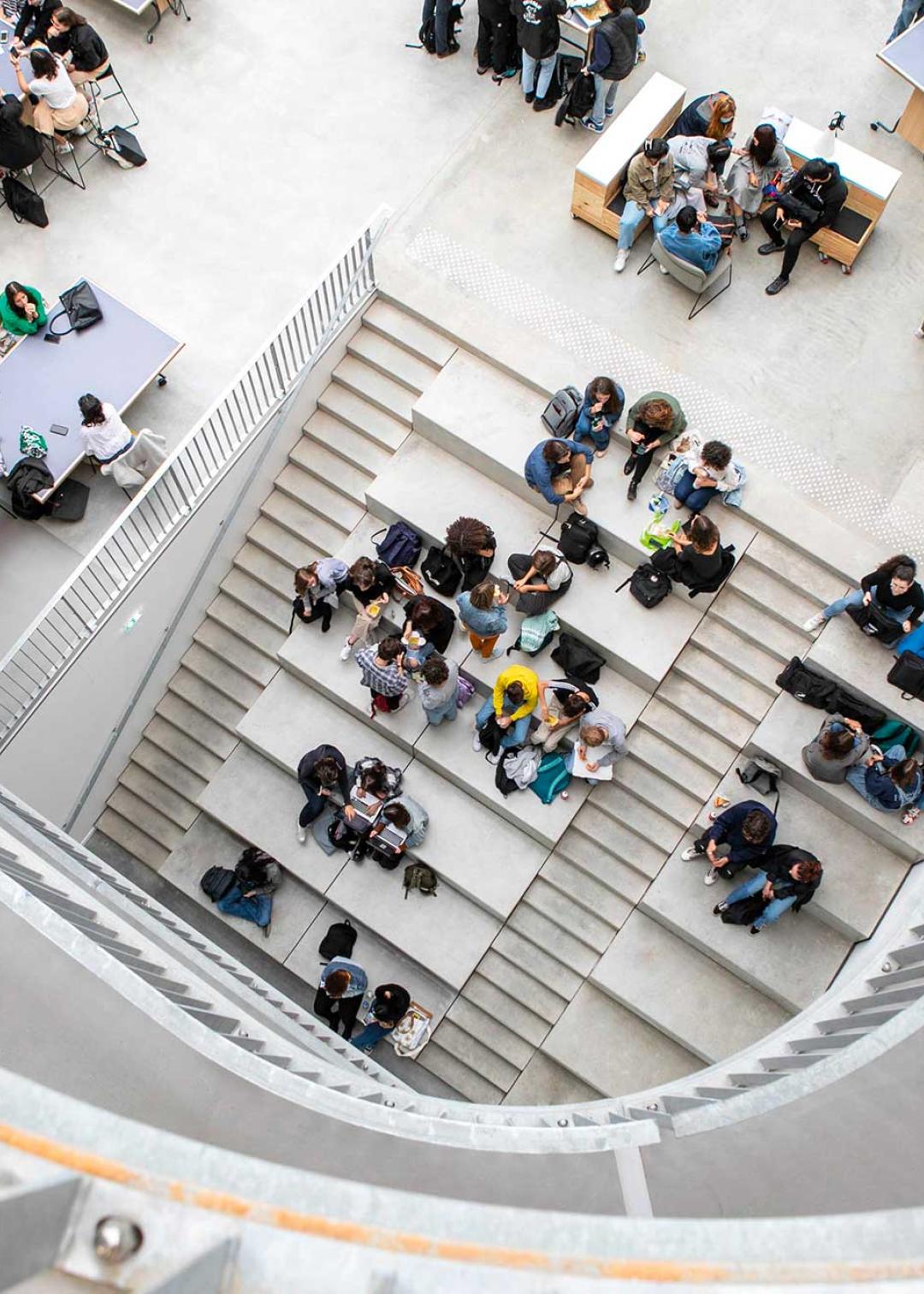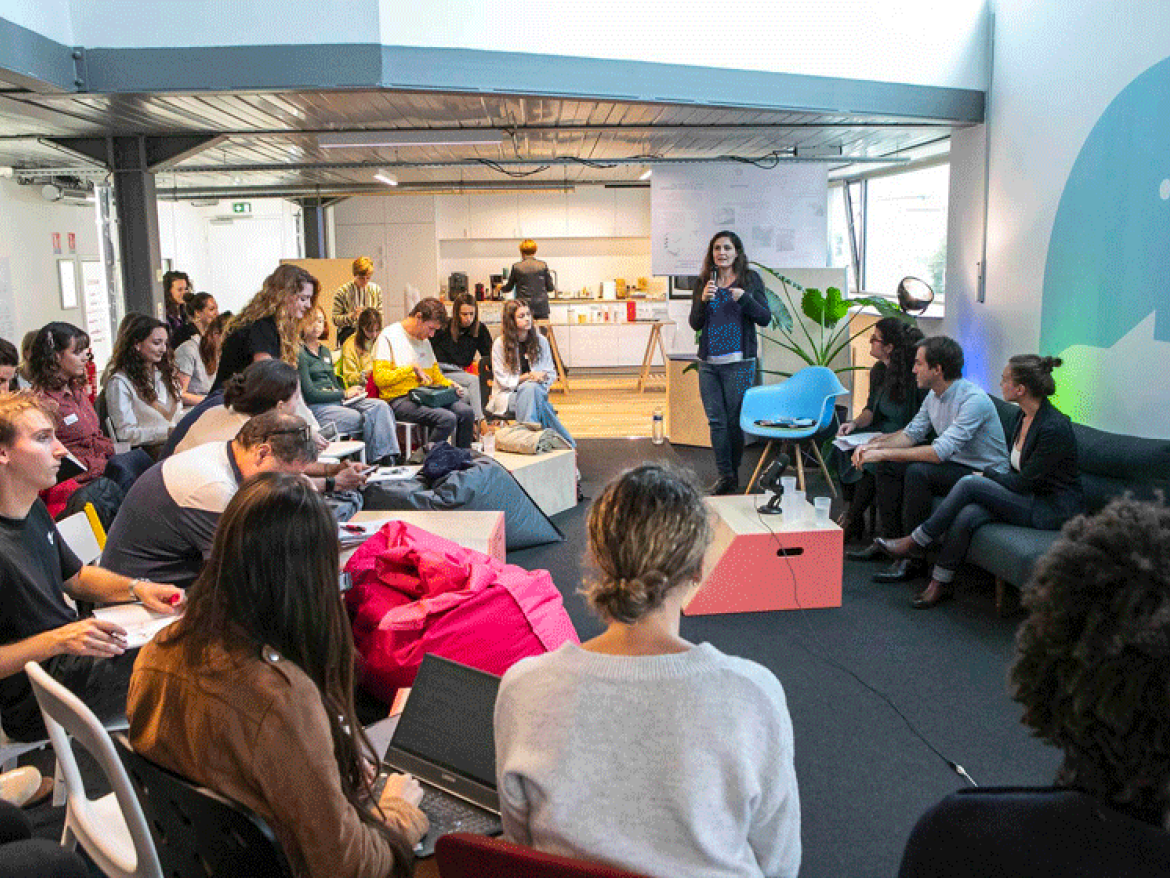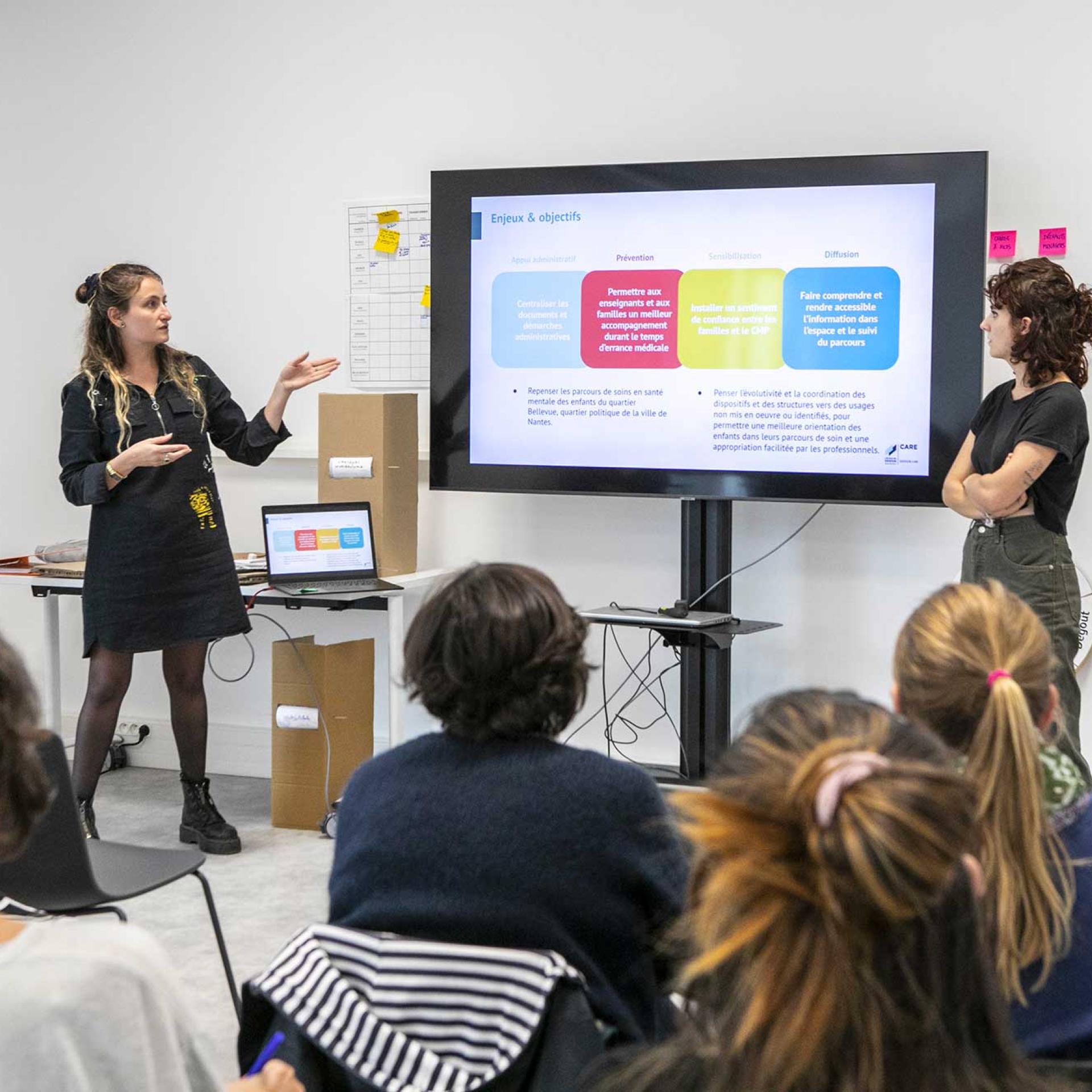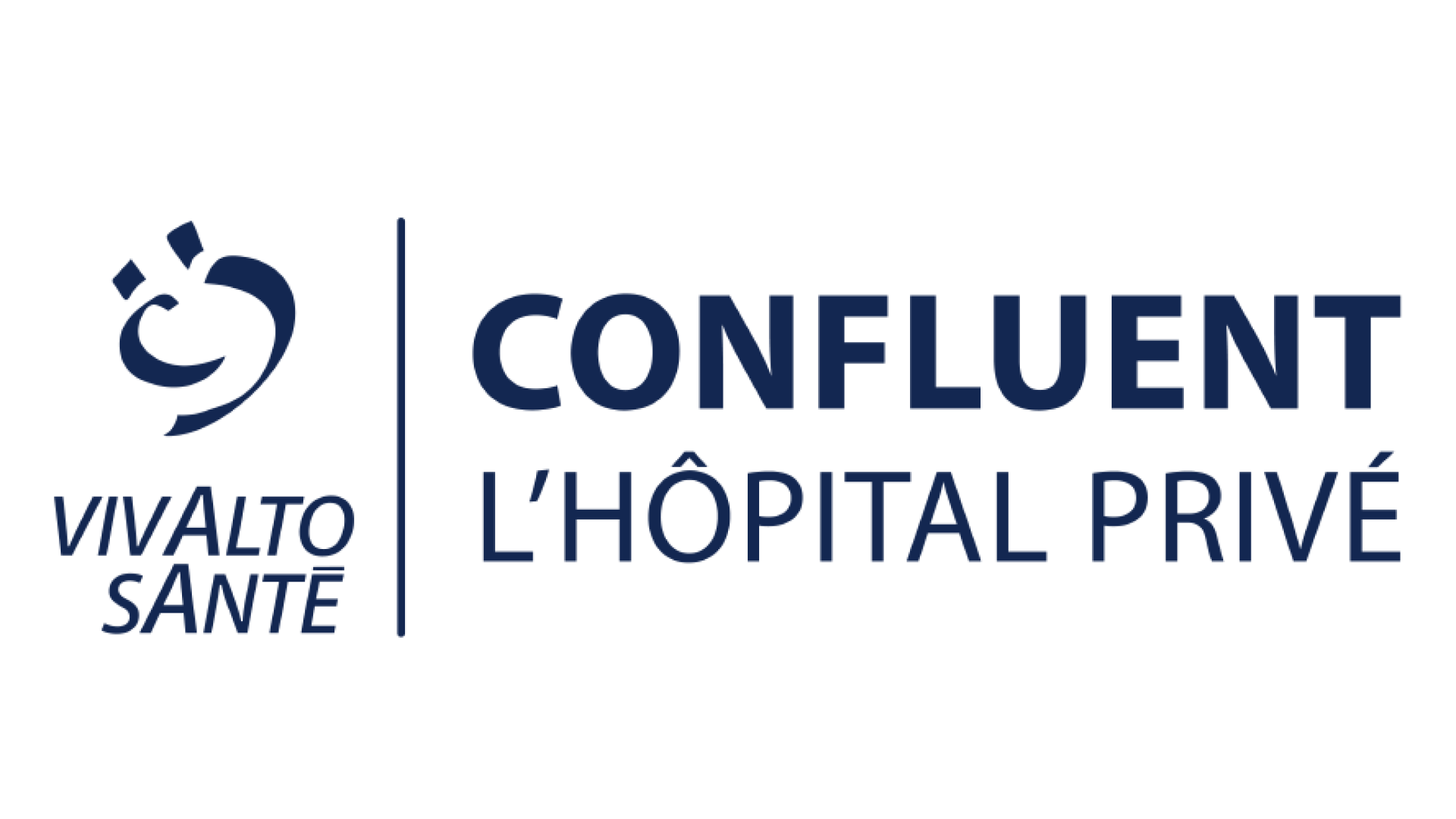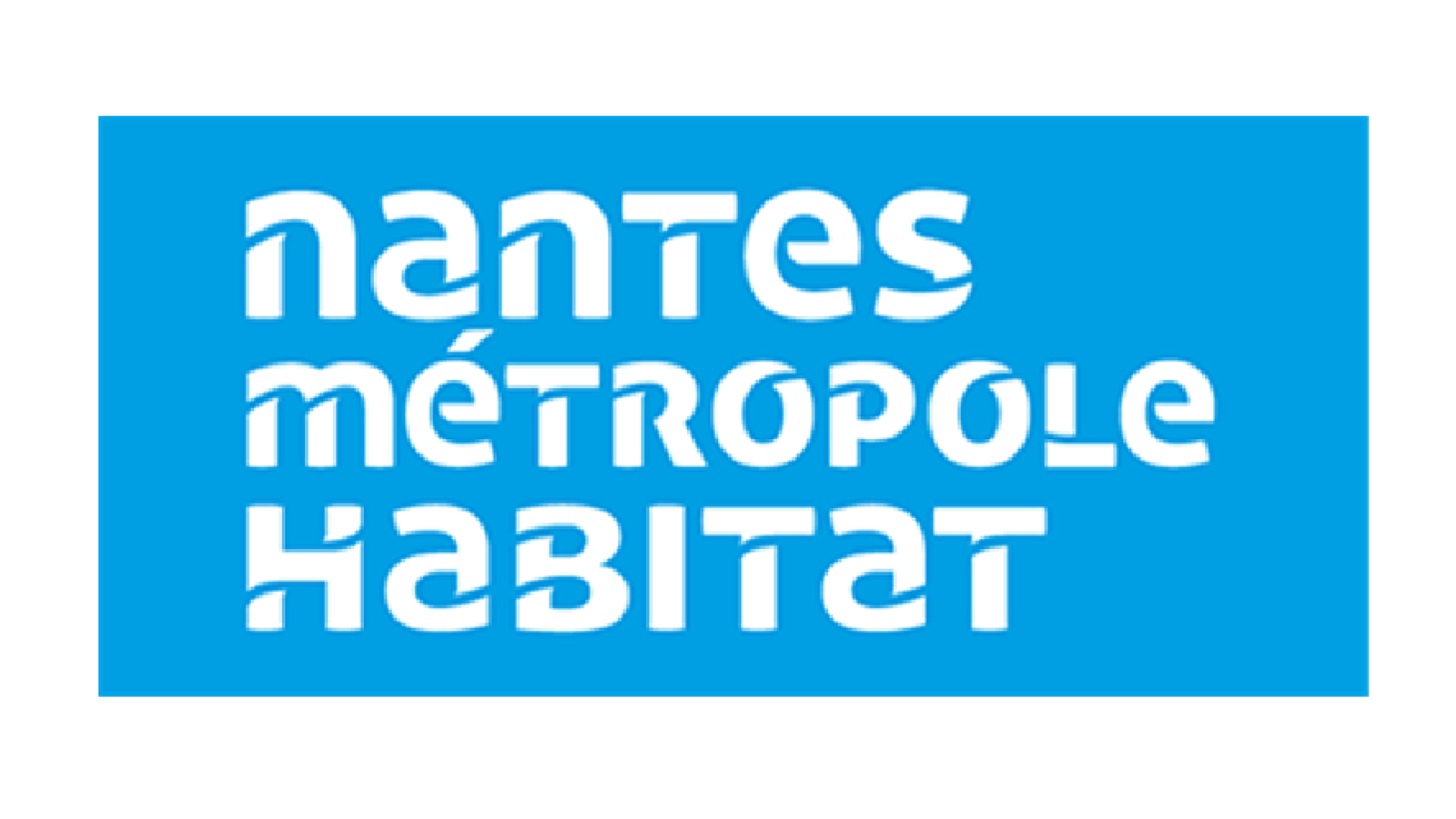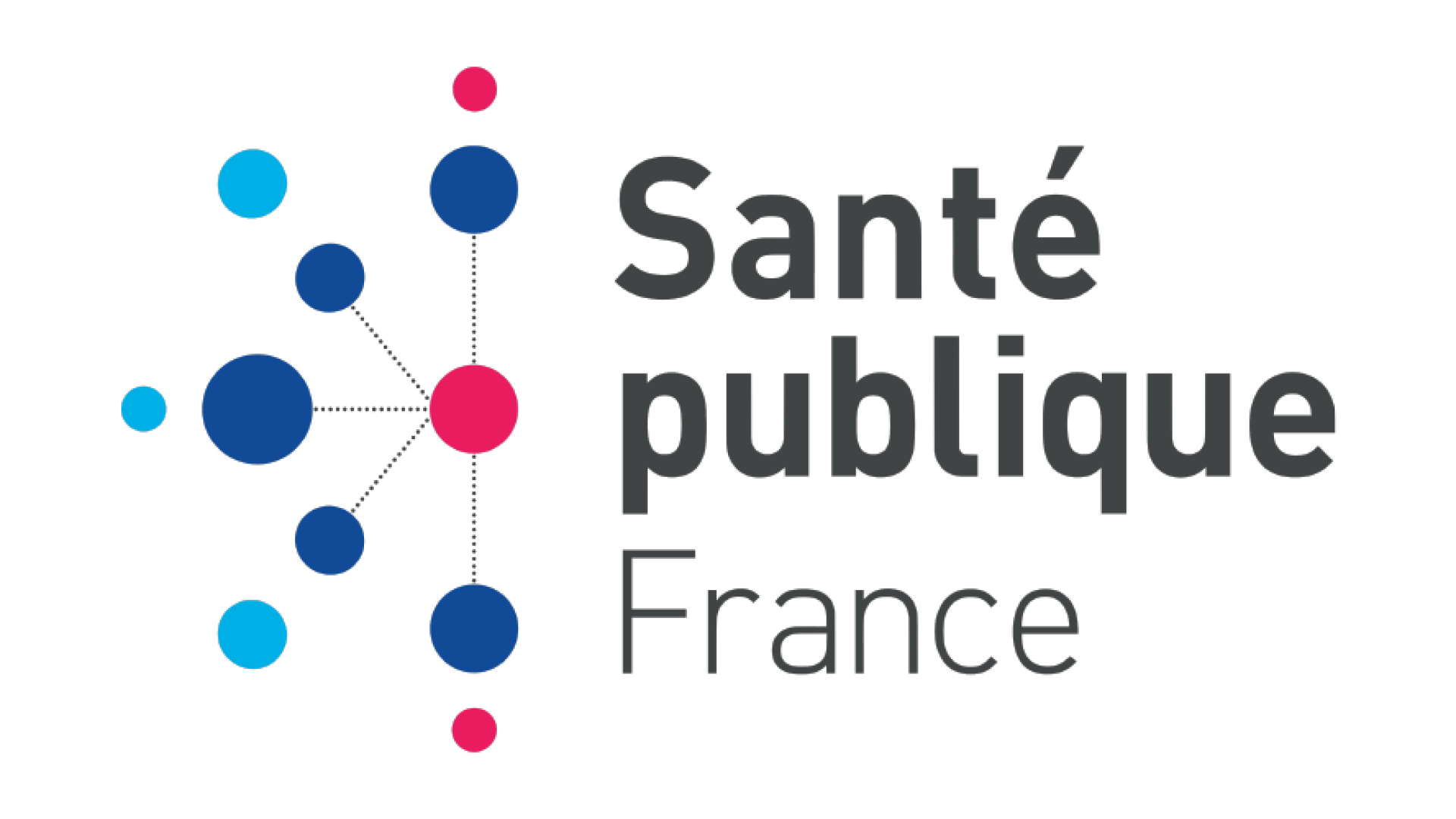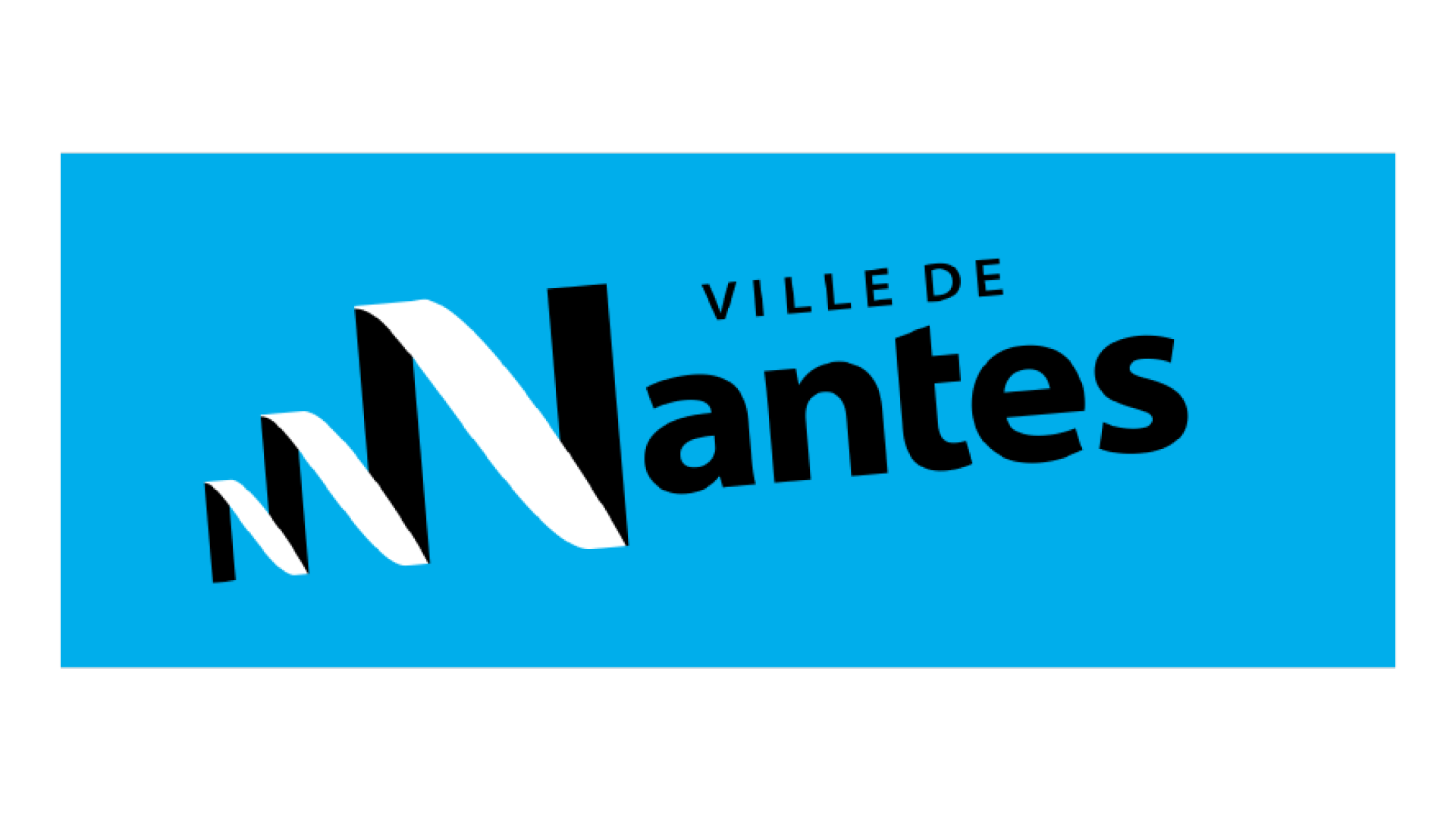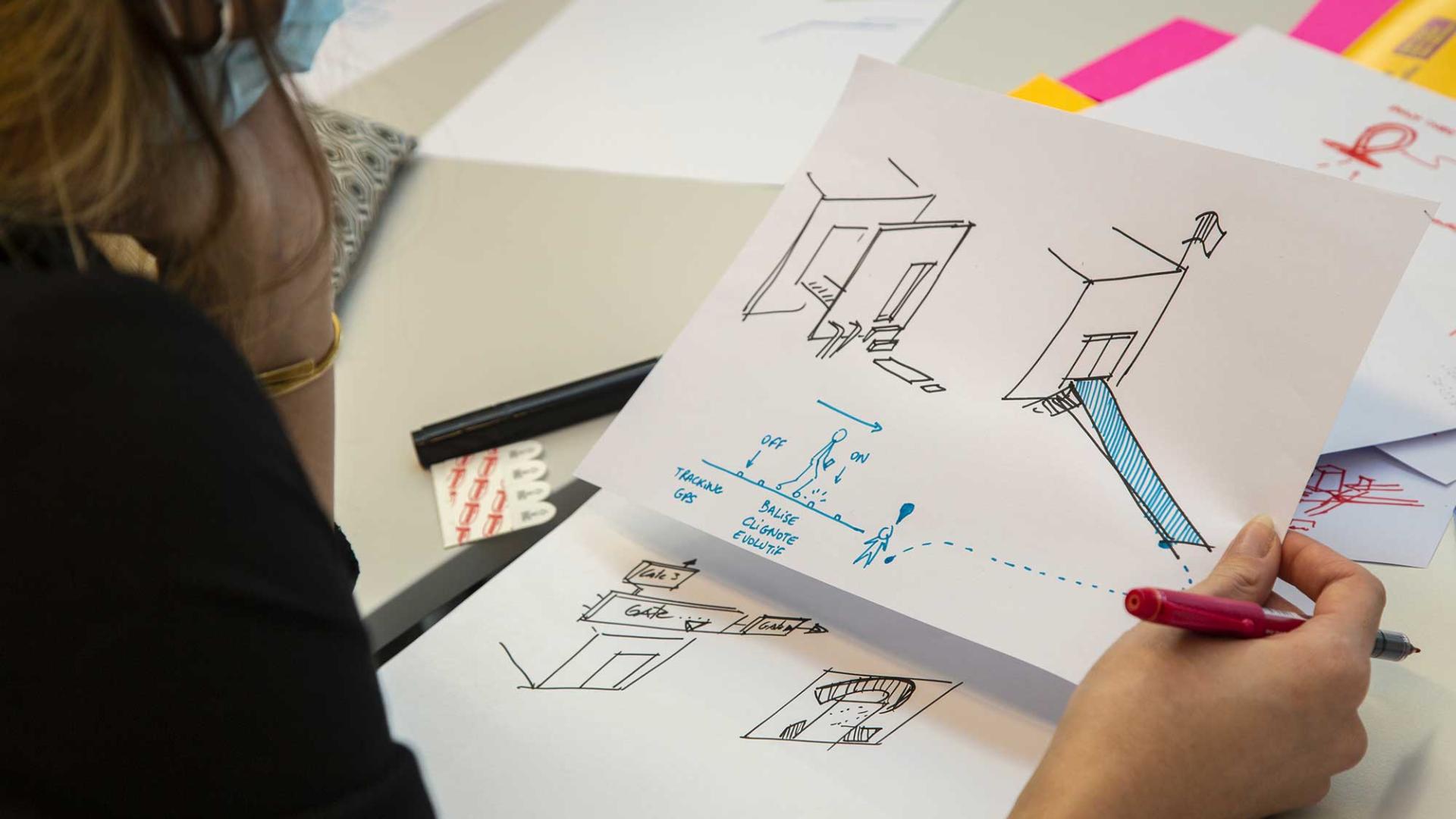
Care Design Lab
The Care Design Lab of L'École de design Nantes Atlantique explores the different approaches and materializations of Care design, that is "design aimed at repairing the dysfunctions of our society" as proposed by Jehanne Dautrey, a philosopher at ENSAD in Nancy.
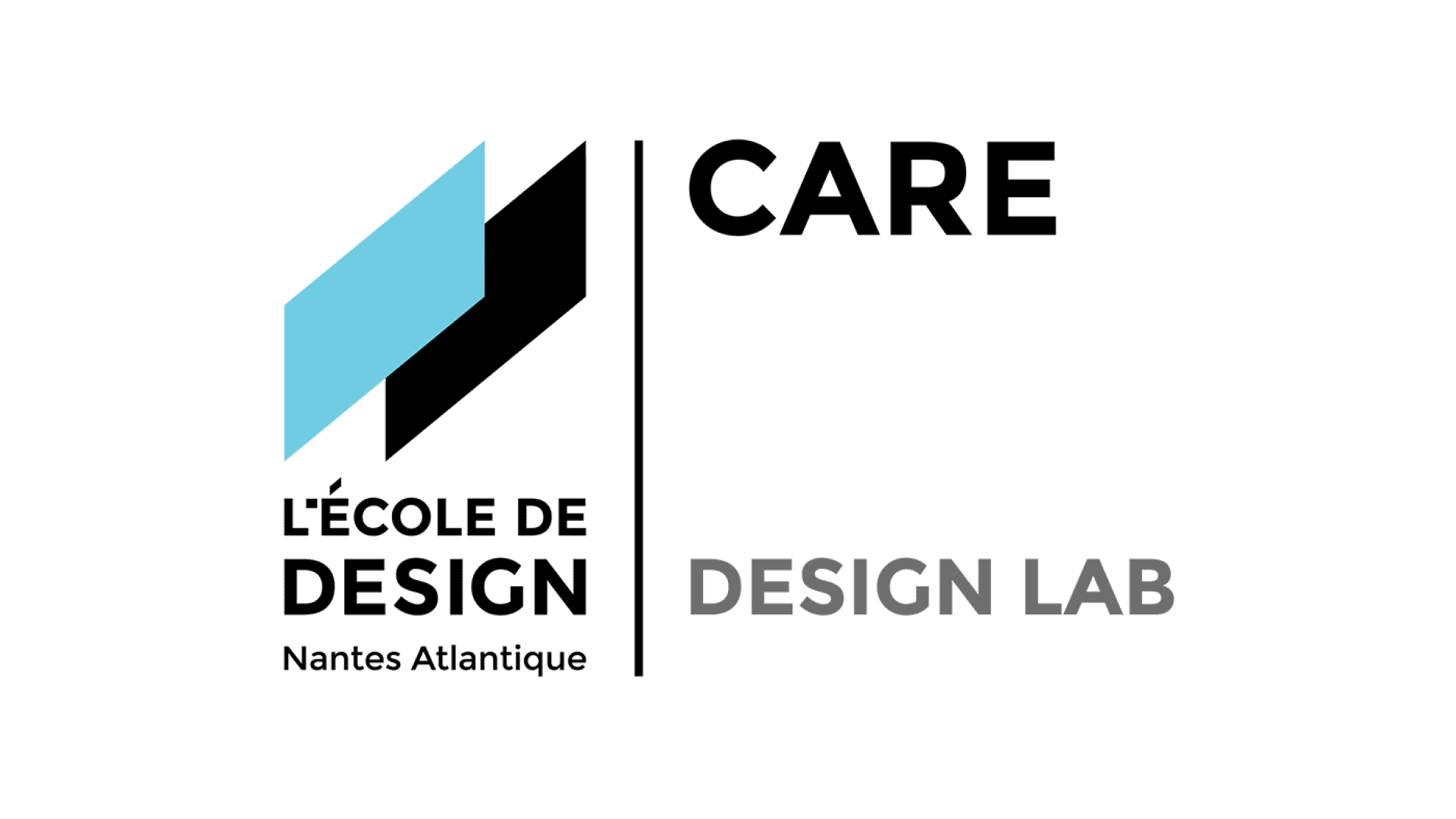
In 2014, the school decided to create the Care design Lab to better take into account vulnerable, isolated or marginalized users in transformation projects through social design. It incorporates care design into public service fields such as health, social action and the modernization of public services.
Through a committed reading of health and social challenges, design offers innovative, exploratory and deployable responses. It generates unique added value in a context of climate change, the crisis of access to finite resources, the transition to new energy sources and the transformation of public services.
A key feature of Care design is that it focuses on new ways of conceiving and producing responses centered on people, communities and ecosystems in order to live together harmoniously and create common ground. The design of care and attention to others imagines, projects, conceptualizes, develops, formalizes and evaluates to ensure the development of innovative products, services and spaces that serve three fields of intervention through design:
- Health design: on a micro scale, working in hospital settings on care pathways. On a macro scale, disease prevention and public health promotion and the design of life and health pathways
- Solidarity design: supporting the ecological transformation to ensure a transition to a more inclusive society
- Public policy design: supporting the transformation of public services in order to support their co-production, and guaranteeing the commitment of stakeholders in central, decentralized and territorial administrations
"The Care Design Lab aims to train designers in two years in the fields of health, social action and public innovation."

The Care Design Lab approach
Care design is a specific approach in product design, urban design, digital design and in projects aiming to achieve social innovation through design in order to combat vulnerabilities and thus contribute to the production of new visions and new models for social, societal and political transformation. Its connection with public design and general interest design provides the keys to understanding administrative and political systems.
In this context, the Care Design Lab aims to:
- Propose and implement new ways of living, that are more respectful and attentive to human beings and to the preservation of their abilities, using mediation mechanisms in specific contexts. The themes addressed are multiple: autonomy, the experience of the patient, carer and healthcare professional, dignity, longevity, management of constraints, self-fulfilment, living together, health...
- Contribute to the fight against social, economic and territorial inequalities to allow access to rights (social, health, education, employment, information, justice, etc.), to public facilities and public services for all.
- Identify, map and analyze relevant ecosystems and their possible dysfunctions in order to propose functional answers, embodied in social, spatial and ergonomic practices,
- Challenge business models and promote managerial innovation through service design. Thus, design proposes strategies of adaptation, resilience, transformation and contributes to the sustainability of reinvented models so that they are fairer, more responsible, more inclusive and better for our health.
The Care Design Lab’s activities
The Care Design Lab is a platform for research, training and innovation in the fields of health, public policy and social action. Find out more about the Research - Training - Innovation approach.
The Care Design Lab’s research areas
At the Care Design Lab, design research is situated in a social, institutional and territorial context. It does not aim at generalization and transferability without any adaptation to the specificities of the regions and social contexts. The objective is the relevance of the research question, the solidity of the research methodology and evaluation protocol, and the accuracy of the hypothesis.
The research proposes an exploration first by a state of the art, epistemological framing and a clear position on the objectives. It involves the realization of a design project. There are several forms of design research: research-creation, research-action, research-project and research-intervention. This reflective and critical approach is in line with the practices fostered by L'École de design Nantes Atlantique. Three major areas guide the research work:
- How to enable the collection and analysis of needs, lived experiences and acquired experiences in order to enhance the value of user expertise and commitment to truly transformative interventions,
- How to propose pedagogical pathways within social, public and health design training that promote the respect and maintenance of the commons, and of the general interest for a supportive and inclusive society. How to prepare designers to respond to emergency situations,
- How to characterize, categorize and analyze the levers that design calls upon to allow the projection and anticipation of desirable futures.
Discover the Care Design Lab conferences and publications
Lucile Artignan - Thesis
Lucile Artignan is a doctoral student who studied at the Care Design Lab and has a master's degree in Administration and Business Management from the University of Nantes. She has a CIFRE contract with Wello. She is enrolled in Social and Critical Geography at the University of Angers and is supervised at the Care Design Lab.
She is working on the contribution of design to evaluate the effects of cooperation between actors made possible by coordination tools for the well-being of seniors living at home.
Loélia Rapin - Thesis
After completing the Masters program at the Care Design Lab and the DU DESSIIN double degree, Loélia Rapin has continued her studies with a thesis under a CIFRE contract - she is enrolled at Nantes University in Computer Science (LS2N) and supervised at the Care Design Lab. Based in the design agency Sensipode in Nantes, she is working on a method for collecting and analyzing patients' needs, using methodologies of design and collaborative management for transformative projects in a hospital context. Her field of study is at the Emergency Department at Montpellier University Hospital, where she is hosted by Emmanuelle Garnier, hospital director.
Methodology
The methodology of the Care Design Lab is based on design-led research with a project approach, rooted in a region and positioned in a design epistemology with interdisciplinary teams, etc. The methodological and reflexive approaches of the various design practices are at the heart of the development of design-led research, particularly within the Design and Innovation in Public Policy Chair (2017-2021).
These specific methodologies come from social design practices through service design. They include:
- The design of tools to enable the inclusion and participation of actors and stakeholders in transformation projects to ensure their commitment to the transitions.
- The inclusion of vulnerable groups in the design and production of social and public innovations through design.
- The construction of meta-design tools to enable the appropriation of innovation methods through design by stakeholders with no design training.
The Care Design Lab, respecting the principles of design-led research and responsible design, is focused on taking care of the present in order to build a desirable future. It develops a practice of social, participatory design to improve the quality of life and create alternative solutions. It recognizes the complexity of design in the search for solutions and answers to problems.
The Care Design Lab trains students in participatory observation methods. Each project is co-constructed with users, who are met in the field before the project begins. The aim is to help students understand the contexts in situ. Students learn to build interview and observation grids, to conduct specific dialogues and to reexamine the issues. At the end of the team work, they propose a project that formalizes the desirable developments.
An approach that takes into account political, economic and legal ecosystems
All projects are considered on a systemic scale. Technical feasibility, economic virtues and reduction of environmental impacts are studied at each stage of the life cycle of the project.
The Care Design Lab students use a proven methodology:
- documentation of field surveys (direct observation, participant observation, users);
- identification of technical, economic and organizational limitations and opportunities;
- appropriation of the regulatory and legislative frameworks related to the project context.

Langosta
Sebastien is a happy and carefree little boy. For him, disease is something he associates with old age and loneliness. So when he was diagnosed with cancer at the age of 10, his life was turned upside...
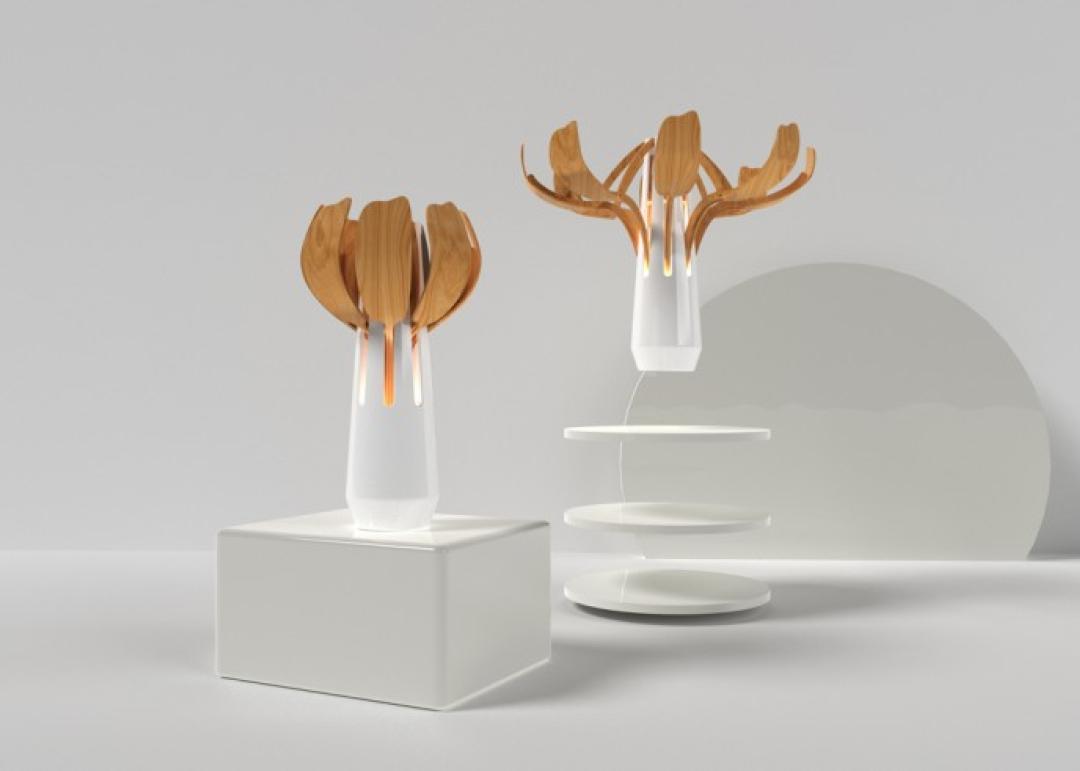
Anémone
Manic-depressive psychosis, or bipolarity, is an incurable psychological illness. It affects the brain, causing deregulation of emotions and extreme behaviour. People who suffer from it go through...
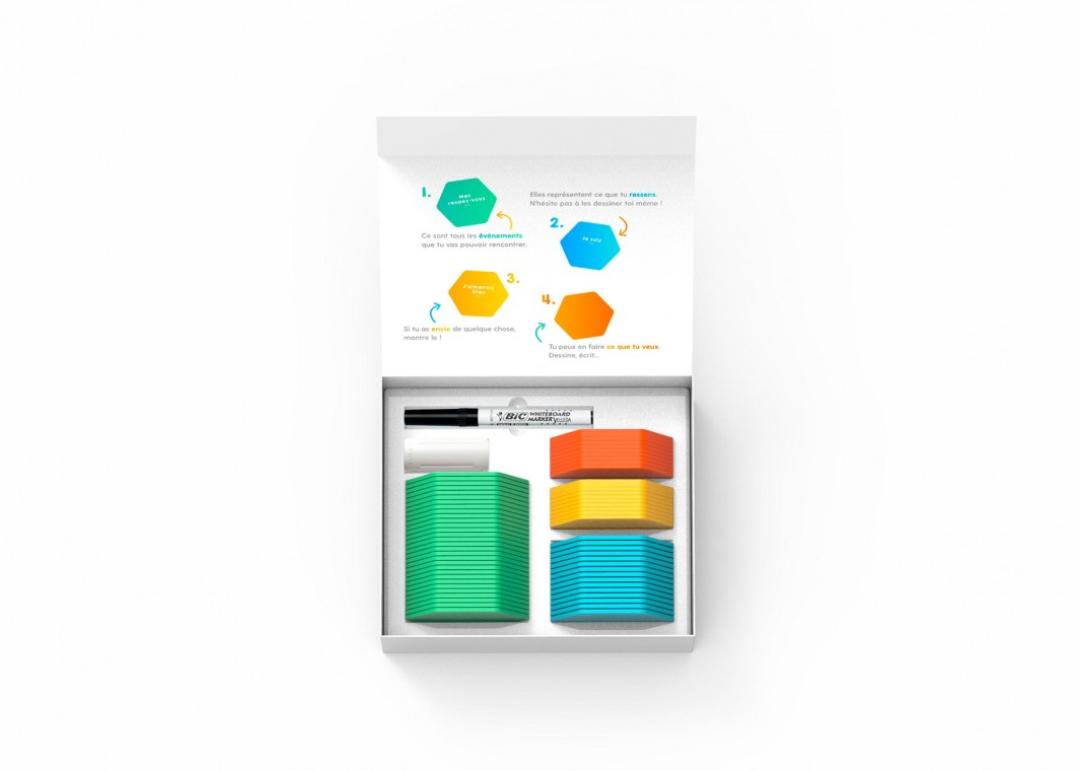
Peli Pelo
This project was born of an encounter. That of Pauline with a 7-year-old boy, hit hard by ill health and yet endowed with an incredible strength of life. With the support of the Leaf association and...
Startups / End of studies projects funded by social innovation competitions
Several projects carried out by Care Design Lab students have received awards at the Social Cup, a national competition that rewards projects of social or environmental utility carried out by young entrepreneurs aged 18 to 30 from all over France.
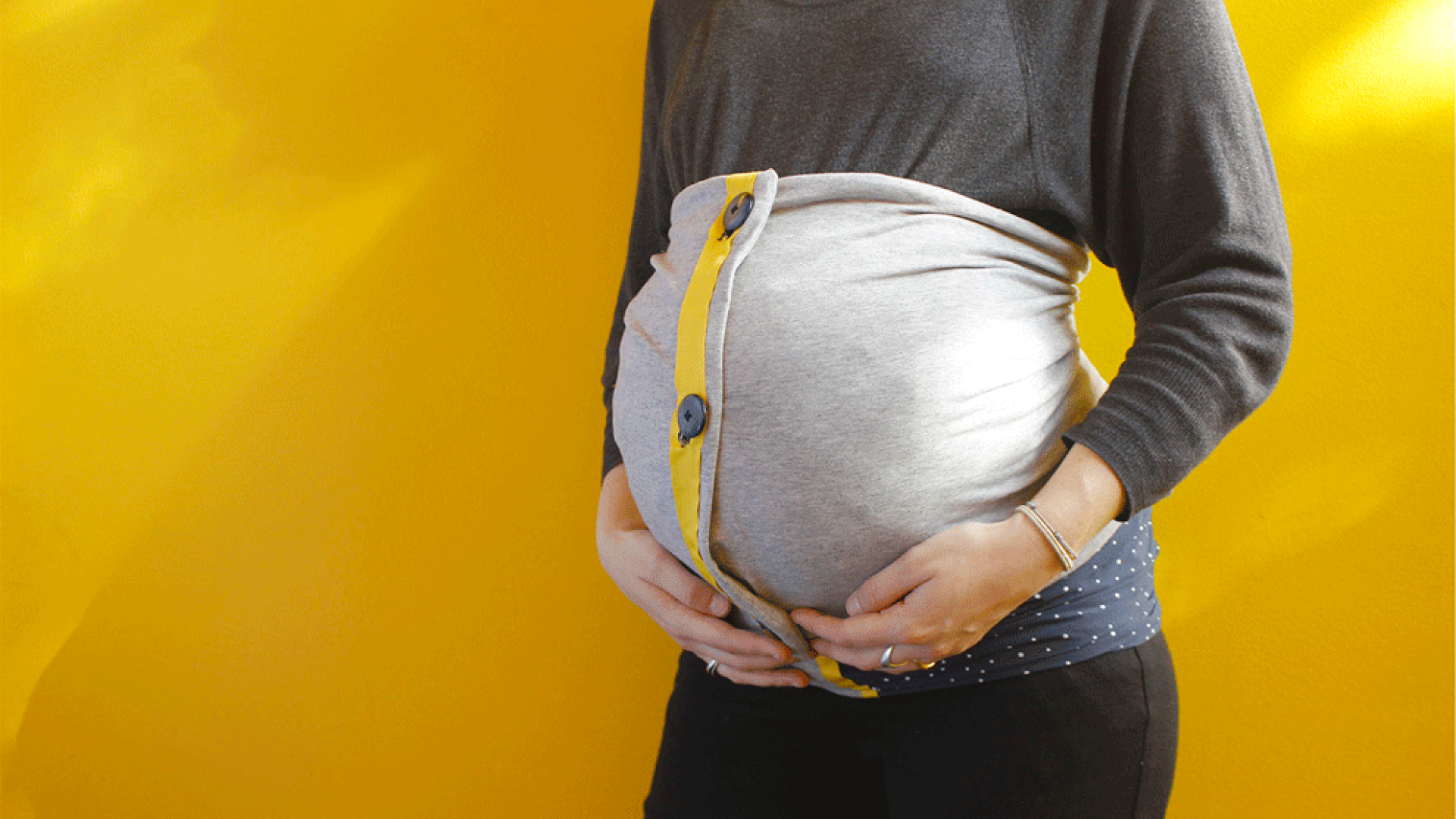
Loop is a multi-functional sling that prevents and relieves pregnancy pain. This end of studies project by Louise Roussière was selected for Design L'Expo 2019 and was a finalist at the Social Cup in 2019.

With her Totamis project, a program to raise awareness and combat bullying in elementary school, Clara Jouault won the jury's "Coup de Coeur" award at the 2021 Social Cup and went on to create the association La Tribu des Amis.

Bagaj is a project featuring furniture and workshops designed to help children who have been "placed or displaced" by the Child Protection Agency to feel at home, despite their (dis)placement. This project by Brandon Gondouin was a finalist for the 2022 Social Cup.
Become a Care Design Lab partner
Are you a small, medium or large company, an ESUS (a socially-responsible company), a university hospital, or a decentralized, central or regional administration? Would you like to transform your services to rethink them for new uses, to support changes in social and spatial practices, or to anticipate future transitions? The Care Design Lab offers you different types of collaborative projects:
Projects carried out in partnership are eligible for the Research Tax Credit. |
The Partners
Companies
Institutions and NGOs
The Care Design Lab Team
Care Design Lab Director
Clémence Montagne c.montagne@lecolededesign.com
Dr. Clémence Montagne graduated as geographer-urban planner at the Sorbonne University in 2008. After work experience in planning cities in Libyan Sahara, she pursued research on integration of urban development and public transport infrastructure in Indian metropolises first with MA degrees in 2010 and 2011. While living in Abu Dhabi, capital of the United Arab Emirates from 2013 to 2018, Clémence wrote and defended a phD thesis in urban and regional planning in 2016 at Paris Sorbonne University, on public transports policies and mega urban projects in Abu Dhabi and Dubai. As part of her specialization on Gulf urban studies, she participated in collective projects on social and spatial fragmentation caused by roads infrastructure led by the London School of Economics Cities and Middle East Center (2019-2022) and on cosmopolitism in public spaces with geographer, sociologist and architect at the Sorbonne university Abu Dhabi and Abu Dhabi University (2018-2020). She joined L’École de design Nantes Atlantique in September 2018 as director of the Care Design Lab.
It is within this framework that she explores new modes of intervention through design in the fields of care, social action and public policies. In addition to accompanying students in the development of their methods of investigation and inquiry in the fields of health and social innovation, she was responsible for the Design and Innovative Public Action Chair (2018-2021). She directed the contribution to the study Health Journey : User's Desires for the Innovation Fund of the French Hospital Federations (2020). She is currently the pilot of a design-led research program on New Seniors, New Needs (2022-2024). Two main axis of her research are related to the appropriation of design tools to conduct innovation projects and the role of design to allow anticipation of future scenarios. Clémence contributes to other exploratory research on the modalities of evaluation by design of public policies, Cultural Experience in Prison Project (RFI OIC, 2019-2022) and co-supervises a PhD thesis on the issues of patient experience in ER hospitals (CIFRE, LS2N) and another PhD on well-being of ageing people staying at home (CIFRE, ESO).
From February 2024 to June 2026, Clémence Montagne is offering Care design Lab students who wish to do so the opportunity to contribute to the exploration, through social design, of the ways in which struggles for the memory of feminicide are disseminated by collectives, as part of their participation in the project by Frédérique Krupa, director of the Digital Design Lab, and Laurent Neyssensas, head of the Learning Lab, winners of the French Institute of Argentina's Innovart 3 call for projects (April 2023-December 2026) - Innovart3.
From September 2023 to December 2025, Clémence Montagne will be taking part in the Scientific Advisory Board of the "Rural Mobilities and Ecological Redirection" project, funded by the French Agency for Ecological Transition (ADEME) and led by Yaël Benayoun and Isabelle Hanifi alongside Karl Pineau, Director of the Media Design Lab and Sophie Eberhardt, Director of the City Design Lab. The aim is to use ethnographic research to explore the situation of mobility under constraints in rural areas in France.
Marine Belluet
Course leader Care Design Labm.belluet@lecolededesign.com
- Lucile Artignan - designer and doctoral student in social and critical geography
- Simon Boussard - service, health and social design
- Vincent Chiffoleau - designer
- Yves Cotinat - scriptwriter and comic strip artist
- Marketa Fingerova - anthropologist
- Emmanuel Gilardeau - designer
- Jean-Yves Guillet - product designer, project manager and urban design specialist
- Paul Juin - designer
- Clémentine Laurent-Polz - architect HMONP, project manager and specialist in accessibility and circular design
- Stéphanie Le Carluer - architect HMONP, project and brief manager, specialist in environmental requirements
- Mikaël Le Tohic - designer
- Maureen Lois - designer
- Pauline Merlet - linguist
- Aude Nyadanu - specialist in organisational innovation in healthcare
- Pauline Oger - designer and doctoral student in information and communication sciences
- Loélia Rapin - designer and doctoral student in computer science
Some Alumni stories
- Lucile Artignan - Design Researcher & PhD student at Wello
- Anissa Moukaouame - Industrial Designer at Saint-Gobain Research North-America
Simon Cario - Service Designer at État'LIN, the State's public innovation laboratory in Pays de la Loire (General Secretariat for Regional Affairs in Pays de la Loire)
Pauline Oger - Inclusive designer & doctoral student at Signes de sens
- Irene Lopez Abarca - Head of the Organizational Innovation through Design Lab at Angers University Hospital
- Iéléna Delaunay - Creative Graphic Designer at Studio Kluif
